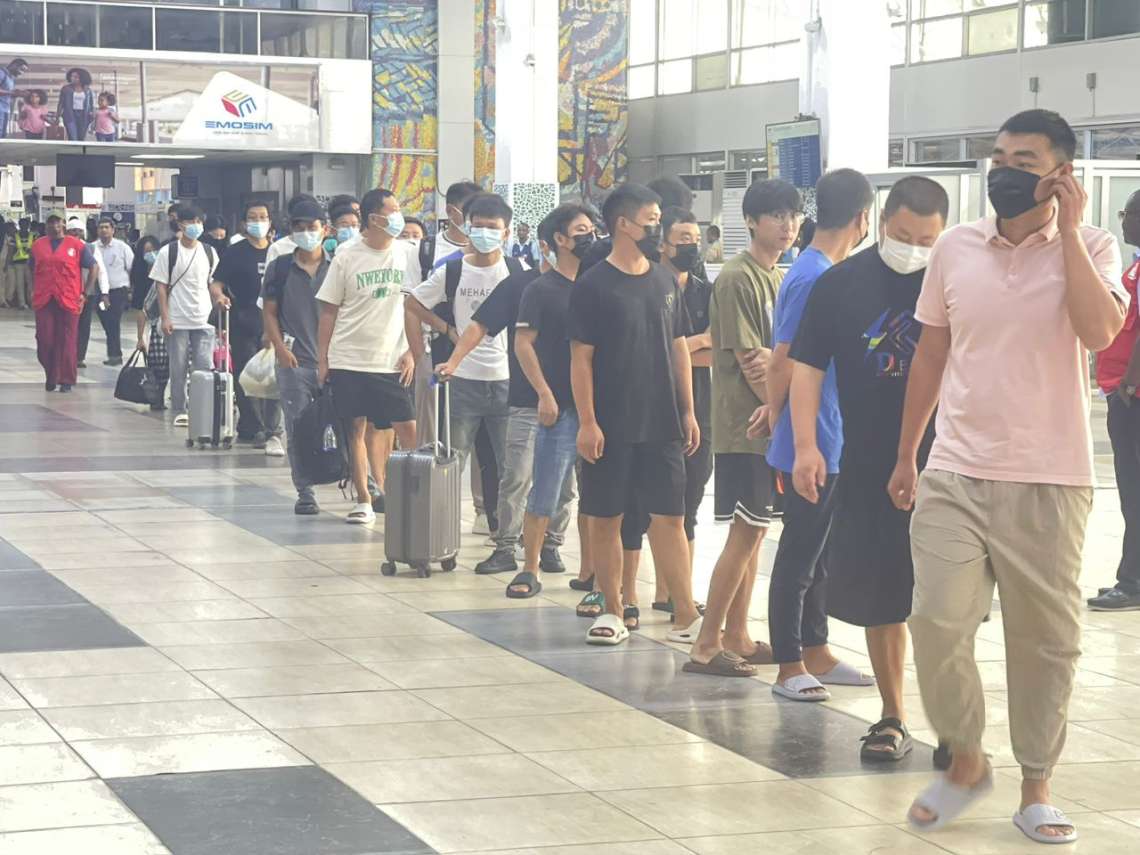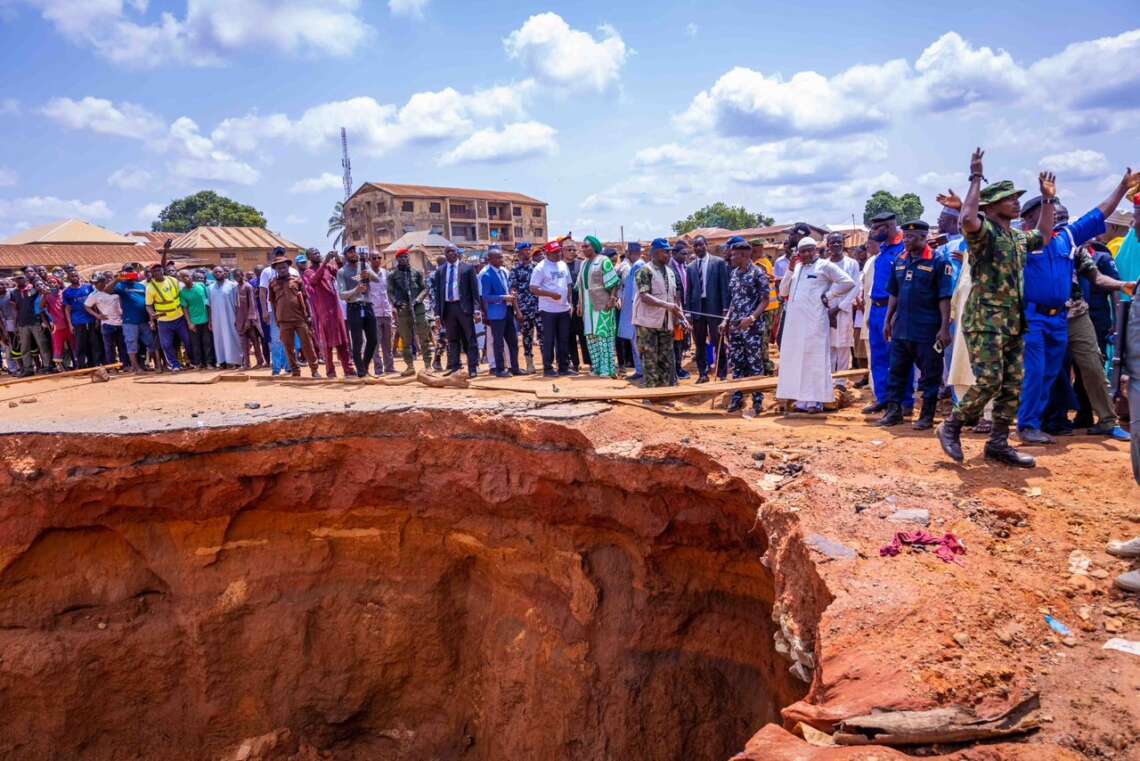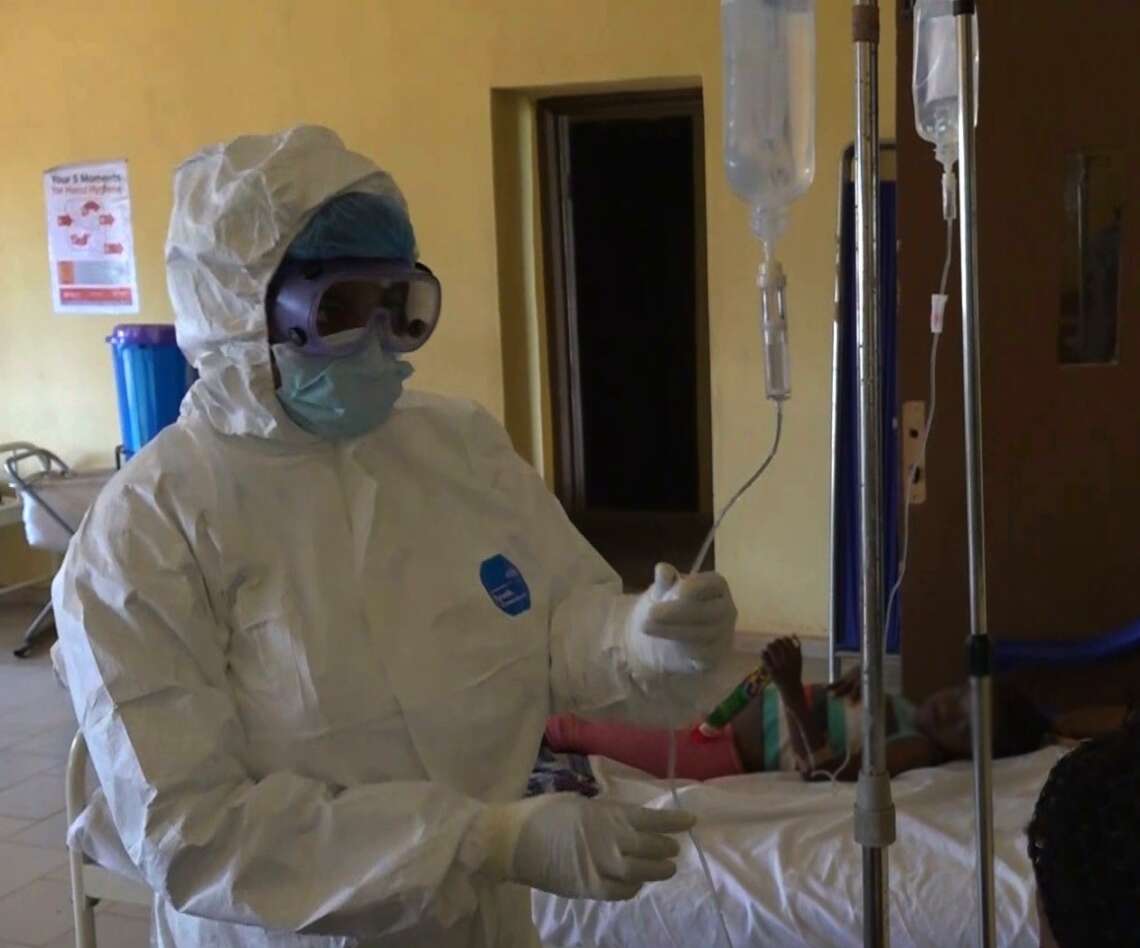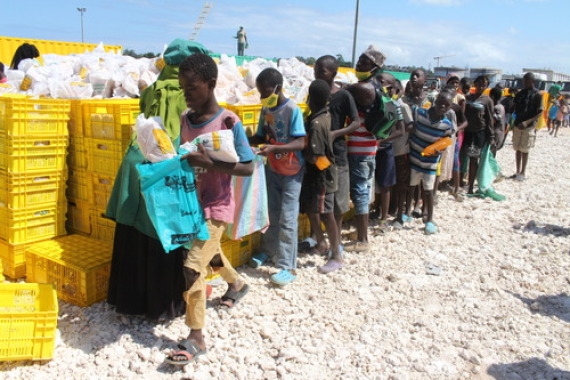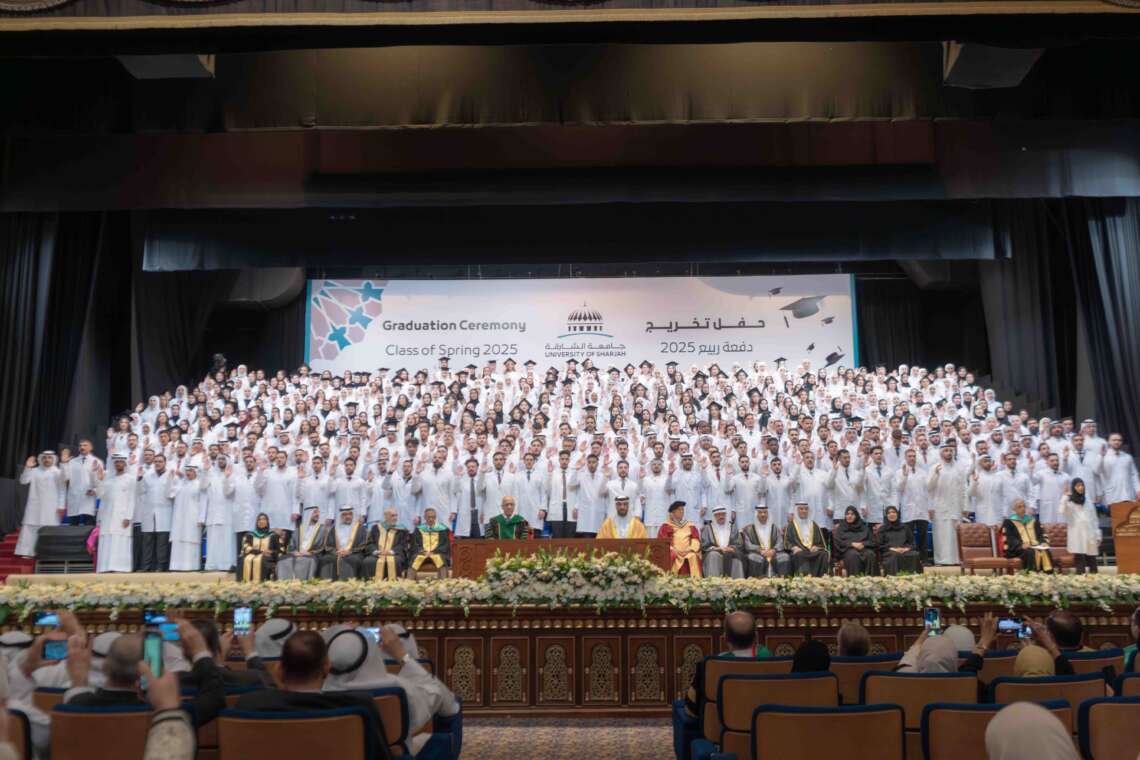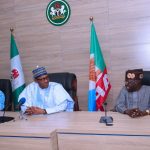During an event to mark the 26th anniversary of Nigeria’s return to democracy, Tinubu pardoned the “Ogoni Nine,” including celebrated writer Ken Saro-Wiwa, and described them as “national heroes.”
Nigeria’s President Bola Tinubu has posthumously pardoned nine environmental activists executed 30 years ago by the then-ruling military junta, drawing sharp criticism and anger from activists who argued on Friday that the individuals committed no crime.
During an event Thursday to mark the 26th anniversary of Nigeria’s return to democracy, Tinubu pardoned the “Ogoni Nine,” including celebrated writer Ken Saro-Wiwa, and described them as “national heroes.”
The men were convicted of murdering four local chiefs and were hanged in 1995 by the then-military regime led by Gen. Sani Abacha. They were part of the Ogoni ethnic group in the oil-rich Niger Delta region, and had protested environmental pollution in the region by multinational oil companies, particularly Shell.
Their trial and murder sparked international outrage at the time, with rights groups calling it unjust and lacking credible evidence. Local rights and civil society groups described Tinubu’s pardon as misleading and “insulting.”
“A pardon is given to people who have been convicted of wrongdoing,” said Ken Henshaw, executive director of local rights group We The People.
Henshaw said the process leading to their execution did not prove that they were guilty of the allegations against them. “For him (Tinubu) to say he wants to pardon them is a misnomer,” he added.
The Nigerian government must also recognize formally that the murdered activists are “innocent of any crime and fully exonerate them,” said Isa Sanusi, Amnesty International Nigeria’s director.
“Full justice for the Ogoni Nine is only a first step,” said Sanusi. “Much more needs to be done to get justice for communities in the Niger Delta, including holding Shell and other oil companies to account for the damage they have done and continue to do.”
Nearly 200 dead, over 1,000 missing
With close to 200 confirmed fatalities, authorities in Nigeria’s north-central Niger State are still searching for more than 1,000 people believed to have been swept away by devastating floods triggered by heavy rains over the past week.
The torrential downpours on Wednesday night wreaked havoc across Mokwa, a bustling market and farming town in Niger, submerging and washing away dozens of residential homes, some with occupants still inside, local officials said earlier.
Yakubu Garba, Deputy Governor of Niger, told reporters late Monday that nearly a week after the disaster, hundreds remained unaccounted for despite ongoing rescue efforts.
“For now, we do not know where they are. Those people have been swept away by water. We have reviewed house-to-house and based on that, the number of people yet to be seen is more than 1,000,” Garba said, adding that the flooding has displaced over 3,000 residents, affected at least 2,000 properties, washed away roads, and caused the collapse of three bridges.
One of the most urgent challenges, Garba noted, is the uncertainty surrounding the fate of the missing, whose families are desperately searching for them. Ibrahim Hussaini, spokesperson for the Niger State Emergency Management Agency, told Xinhua over the weekend that over 503 households were impacted. The search for more bodies is ongoing, with local divers and volunteers assisting in the operation.
Some residents believe the flooding may have been worsened by the release of water from a nearby dam, though officials have yet to confirm this. “The situation is very tragic, with many families wiped out and survivors recounting harrowing losses,” Amina Yahaya, a resident from a neighbouring town said.
Flooding in central Nigeria, including the Mokwa disaster, is the result of a complex mix of factors. The country regularly faces severe floods during the rainy season, which typically lasts six months, beginning in March and intensifying by mid-May, especially in the northern regions.
Local experts said climate change has led to increasingly erratic and intense rainfall patterns, overwhelming existing drainage systems and the natural capacity of the land to absorb water in many areas of Africa’s most populous country, Xinhua news agency reported.
Last Tuesday, the National Emergency Management Agency said it had ramped up efforts to mitigate the impact of seasonal flooding, urging all levels of government to invest in drainage infrastructure, dams, and flood-resilient facilities in flood-prone regions.



